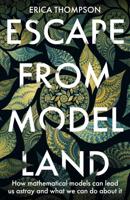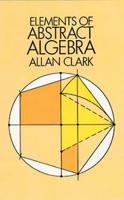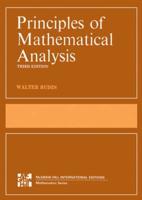Publisher's Synopsis
First published in 1202, Fibonacci's "Liber abaci" was one of the most important books on mathematics in the Middle Ages, introducing Arabic numerals and methods throughout Europe.
Its author, Leonardo Pisano, known today as Fibonacci, was a citizen of Pisa, an active maritime power, with trading outposts on the Barbary Coast and other points in the Muslim Empire. As a youth Fibonacci was instructed in mathematics in one of these outposts; he continued his study of mathematics while traveling extensively on business and developed contacts with scientists throughout the Mediterranean world. A member of the academic court around the Emperor Frederick II, Leonardo saw clearly the advantages for both commerce and scholarship of the Hindu positional number system and the algebraic methods developed by al-Khwarizmi and other Muslim scientists.
Though it is known as an introduction to the Hindu number system and the algorithms of arithmetic that children now learn in grade school, "Liber abaci" is much more: an encyclopaedia of thirteenth-century mathematics, both theoretical and practical. It develops the tools rigorously, establishing them with Euclidean geometric proofs, and then shows how to apply them to all kinds of situations in business and trade - conversion of measures and currency, allocations of profit, computation of interest, alloying of currencies, and so forth. It is rigorous mathematics, well applied, and vividly described.
As the first translation into a modern language of the "Liber abaci", this book will be of interest not only to historians of science, but to all mathematicians and mathematics teachers interested in the origins of their methods.












